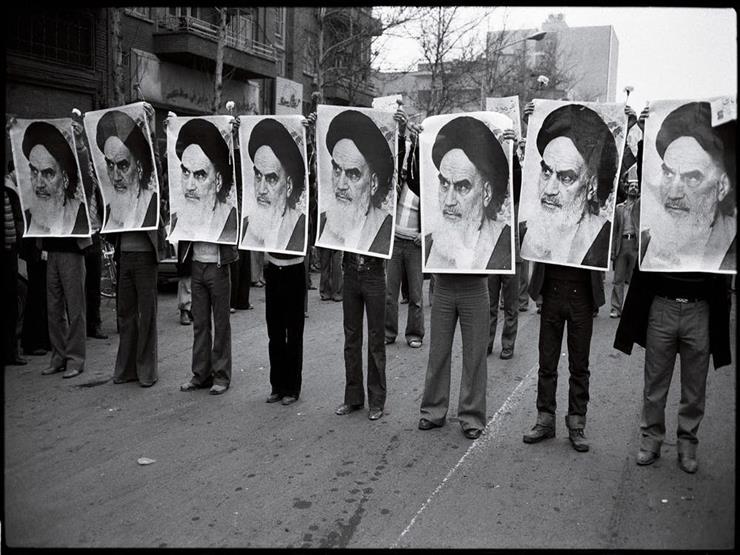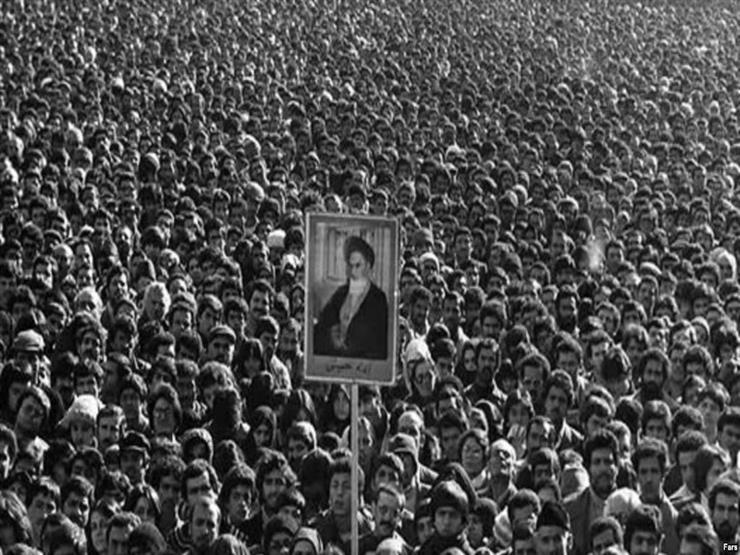
[ad_1]
10:56 p.m.
Saturday, February 09, 2019
Books – Hisham Abdel Khalek:
After the victory of the Iranian Islamic revolution in 1979, Ayatollah Khomeini said: "I hope that Iran will become a model for all the Muslim countries of the world." But his wish did not come true. No other state has adopted the Faqih regime or Shiite clerics. Ali al-Sistani – The Shiite religious reference in Iraq – clerics were removed from politics and when the Shiite majority in Bahrain in 2011 called for the existence of a democratic parliament, not one of them. a religious government.
In a report on Iran on the occasion of the 40th anniversary of the Islamic Revolution, Economist magazine said that Iran was not very popular in the Arab world. A recent survey showed that 66% of Arabs considered it a threat. .
Despite Iran's failure to become a model in the region, the impact has been considerable: it has terrorized many countries in the region, such as Israel, the largest of which threat is no longer the Arab armies surrounding it, but Hezbollah. Who is supported by Iran. However, Iran has not been influenced by his ideas, but thanks to his successes in wars, terrorism and the failure of regional regimes, the British magazine said.
According to the British magazine, Saudi leaders describe the Iranian Islamic Revolution of 1979 as a "point of change". Saudi King Salman said in 2017: "We have not seen terrorism or extremism in Saudi Arabia before the 1979 Khomeini revolution."
When the Saudi kingdom tried to export its vision of Islam, Saudi clerics tried to do the same, and the kingdom began to spend tens of billions of dollars to fund mosques, train imams and distribute texts. Religious communities in the Middle East, Asia and Europe. It is estimated that nearly $ 100 billion has been spent in four decades.

According to the British magazine, what she called "Iranian propaganda of Shi'ite Islam" fed the sectarian spirit of the Middle East, as well as the Iran-Iraq war, in which both parties claimed that God was standing next to it. Iran has urged the Shiites of Iraq to overthrow the regime of Saddam Hussein. Iran contributed to the formation of Hezbollah by providing the organization born at the time – in the 1990s – with financial and military support.
The Iranian alliance with the Syrian regime led by Bashar al-Assad is targeting strategic advantages, but its rivals see in Syria an additional element of what King Abdullah II of Jordan called the "Shiite Crescent", an alliance sectarian sweeping the Levant.
The magazine pointed out that some Sunni Muslims had adopted Iranian ideology after the Khomeini revolution and saw it as a source of inspiration, especially the early Muslim Brotherhood, composed of the following: a middle class educated and adopting the same language that Khomeini had addressed to his allies: It did not last long, because of sectarianism and increasing domination.
The invasion of Iraq by the United States in 2003 left a void filled with Shia-friendly governments: after the war in Syria, Iran sent troops to support Bashar al-Assad. Critics and supporters of the Iranian regime now say that Tehran controls four Arab capitals: Baghdad (Iraq), Beirut (Lebanon), Damascus (Syria) and Sanaa (Yemen), which the magazine considers too much.
But she says that Iran has been able to fill the void in the Arab countries, if its competitors want to contain it, they must do better.
Source link